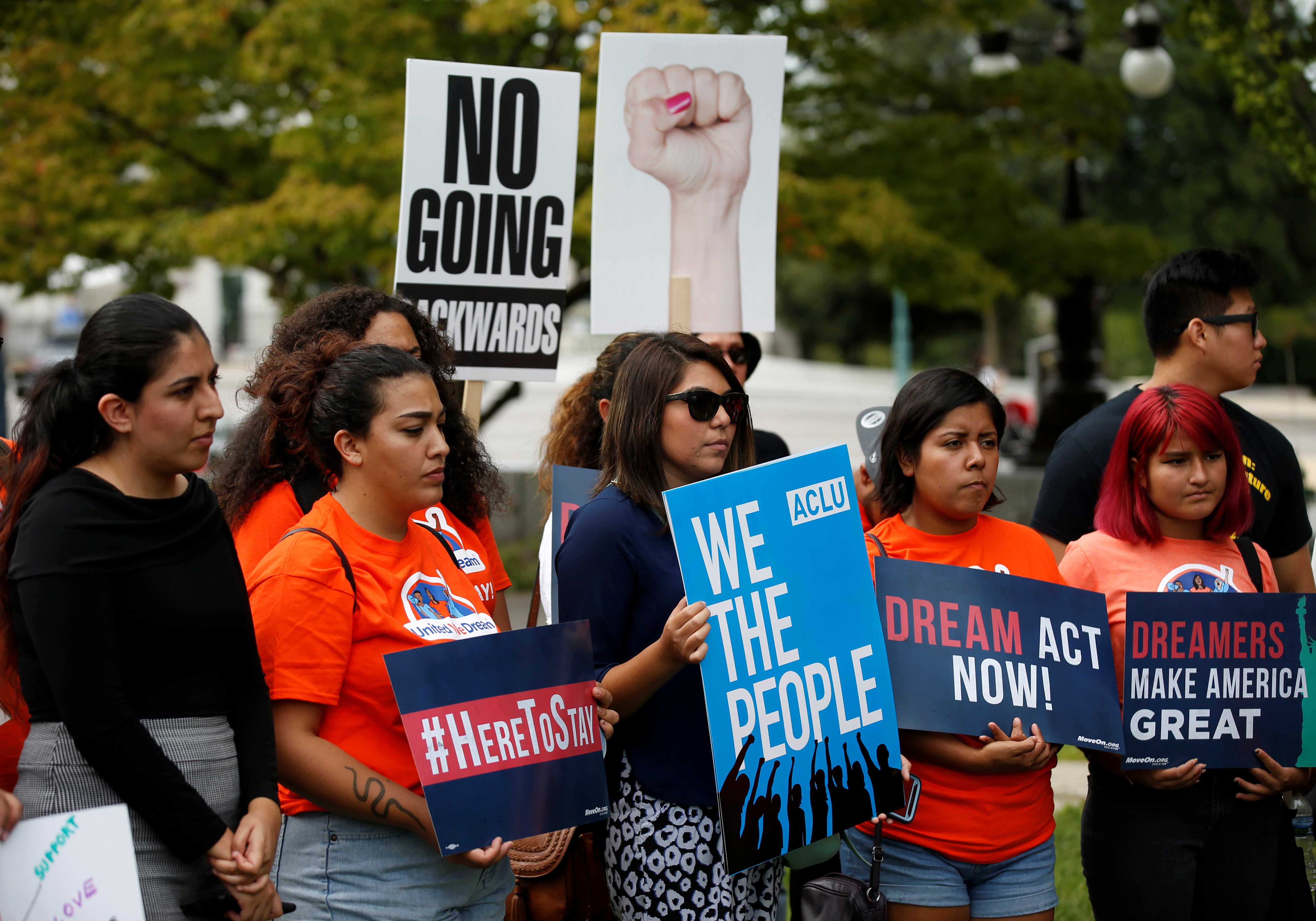Cybersecdn– Florida’s recent enactment of stringent immigration laws has sent shockwaves through the state’s sizable Caribbean-American community, particularly those who are undocumented. Signed by Governor Ron DeSantis, these laws target various aspects of immigrant life, from driving privileges to access to identification.
One of the most significant changes is the increased penalties for driving without a license, disproportionately affecting undocumented immigrants who are ineligible for driver’s licenses in Florida. Critics argue that such measures jeopardize public safety and perpetuate disparities in access to transportation and insurance.
Additionally, the crackdown on community IDs further marginalizes undocumented immigrants, stripping them of a vital form of identification used for daily activities such as banking and accessing social services. The implications of these laws extend beyond legal ramifications, exacerbating existing inequalities and barriers faced by immigrant communities.
Furthermore, the heightened penalties for certain crimes, particularly for immigrants with prior deportation orders, raise concerns about fairness and due process. By imposing harsher sentences based on immigration status, these laws perpetuate a punitive approach that undermines principles of justice and rehabilitation.

Florida’s Caribbean-American community, comprising two-thirds of the Caribbean immigrant population in the United States, faces unprecedented challenges in the wake of these immigration laws. As advocates mobilize to push back against punitive measures and uphold the rights of undocumented immigrants, the fight for immigrant justice takes on renewed urgency in Florida and beyond.
In addition to the direct impact on undocumented immigrants, these laws also have broader implications for the entire Caribbean-American community. The fear and uncertainty generated by increased enforcement measures create a hostile environment that affects everyone, regardless of immigration status.


Moreover, the timing of these laws coincides with ongoing humanitarian crises in the Caribbean, such as the recent earthquake in Haiti and political unrest in Cuba. As Florida braces for a potential influx of migrants fleeing these crises, the need for compassionate and humane immigration policies becomes even more pressing.
The economic contributions of the Caribbean-American community to Florida cannot be overstated. From small businesses to cultural institutions, Caribbean immigrants play a vital role in the state’s economy and cultural landscape. However, punitive immigration laws threaten to stifle this vibrant community, hindering its ability to thrive and contribute fully to society.
As Florida’s Caribbean-American community grapples with the impact of these laws, solidarity and support from allies are more important than ever. Grassroots organizations, faith-based groups, and advocacy networks must come together to resist discriminatory policies and uphold the dignity and rights of all immigrants.
Read More: Former Vice President Mike Pence Says He’s Not Supporting Trump Anymore!
Trump-Backed Candidate Says the Gay Hookup Profile Was an Ex-Intern’s “Prank.”
Vagrant Causing Violence in NYC Neighborhood for 10 Years, Still Not Caught!
In the face of adversity, the resilience and strength of the Caribbean-American community shine through. By standing together and amplifying their voices, immigrants and their allies can work towards a more just and inclusive Florida for generations to come.

